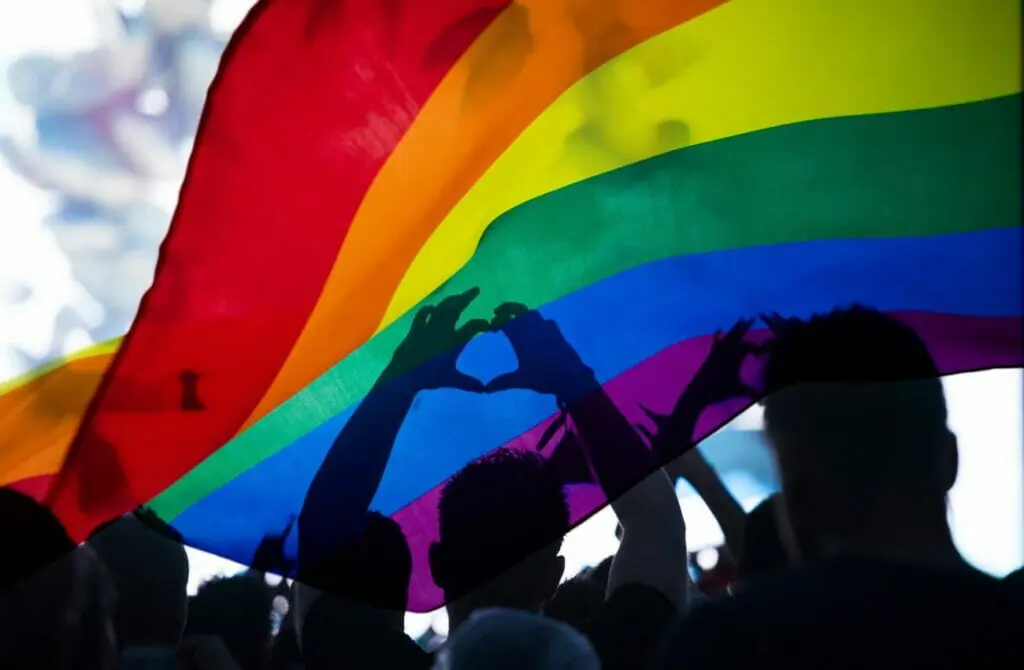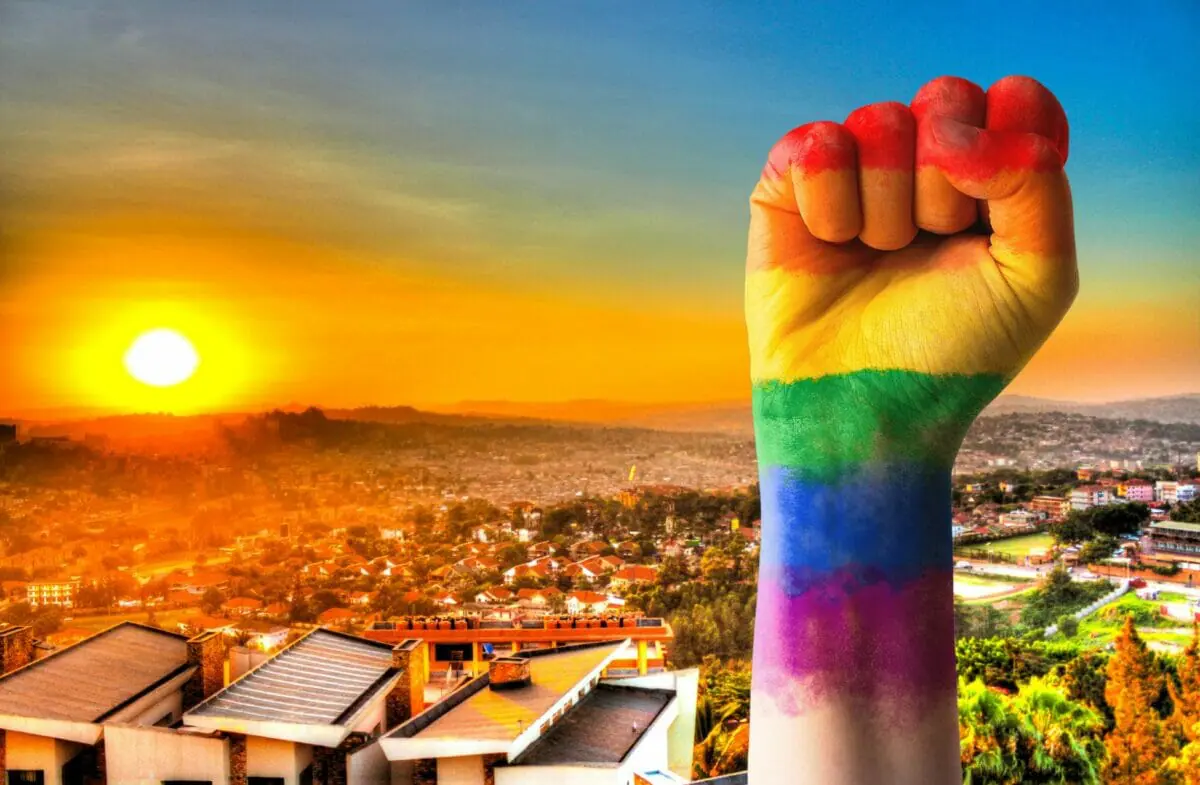As a knowledgeable queer traveler and passionate advocate for LGBTQ+ rights, I am all too familiar with the challenges faced by LGBTQ+ individuals in various countries around the world. Uganda, in particular, has garnered a reputation for its harsh stance on LGBTQ+ rights and the impact these laws have on both locals and tourists alike.
For local Ugandans, identifying as LGBTQ+ or engaging in same-sex relationships can result in severe consequences, including life imprisonment and other forms of persecution. Laws in Uganda have even gone as far as to ban identifying oneself as part of the LGBTQ+ community.
Tourists, while not typically subjected to the same degree of scrutiny as locals, should always remain vigilant and exercise caution when visiting the country, as the situation may change rapidly, and hostile attitudes may still be encountered.
In order to protect yourself if visiting Uganda, it’s essential to stay discreet about your LGBTQ+ identity and relationships, be cautious about engaging with individuals from the local LGBTQ+ community, and avoid public displays of affection or activism.
Always ensure that you seek current advice before traveling and remain informed about the situation in the country, as information can quickly become outdated and circumstances can change. Remember, while there are those who may harbor prejudiced views in any country, maintaining vigilance and being aware of the local laws and attitudes are key to your safety as an LGBTQ+ traveler.
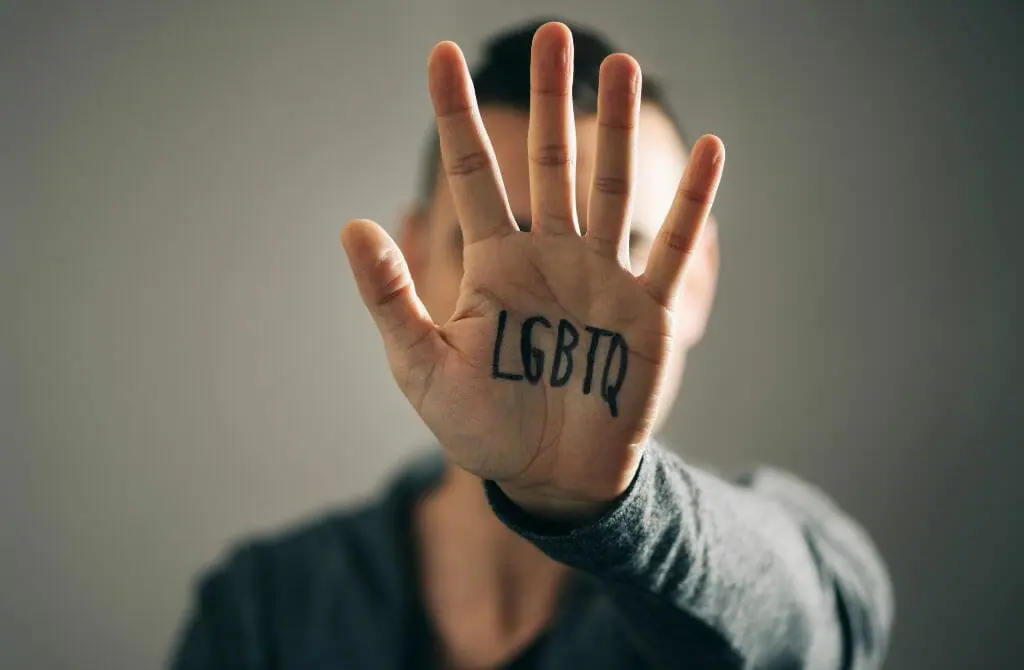

History Of LGBT Rights In Uganda
In Uganda, LGBT rights have been plagued with challenges for centuries. King Mwanga II of Buganda, who ruled from 1884-1888 and 1889-1897, is known to have had sexual relations with both male and female servants. However, precolonial Ugandan society was generally more accepting of homosexual relationships, similar to neighboring countries like Kenya, Rwanda, and Burundi.
The modern Ugandan climate for LGBT rights took a significant turn in February 2014 when President Yoweri Museveni signed the Uganda Anti-Homosexuality Act into law. This legislation introduced harsher penalties for LGBT individuals, including criminalizing those who failed to report them. Additionally, the law expanded its scope to cover lesbians for the first time.
LGBT rights in Uganda vary for local people and tourists. Local LGBT individuals face extreme challenges, including the threat of prosecution and social stigma. In contrast, tourists might enjoy relative safety, but they should be cautious and vigilant during their visit. It’s essential to respect local norms and avoid engaging in activities or discussions that could expose or endanger members of the LGBT community.
As an LGBTQ traveler or activist, you must take precautions when visiting Uganda. Always consult current information prior to traveling, as situations can change rapidly, and previous advice may become outdated. Exercise discretion and refrain from openly discussing or advocating for LGBTQ issues. Additionally, be aware that there may be individuals with malicious intent in any country, so remain observant and protect yourself.
While Uganda’s current stance on LGBT rights is troubling, individuals should remember that local activists continue to advocate for change. It’s vital to support their efforts while ensuring personal safety and respecting societal norms during your visit. Stay informed and prepared, as circumstances can shift quickly in this complex and evolving environment.
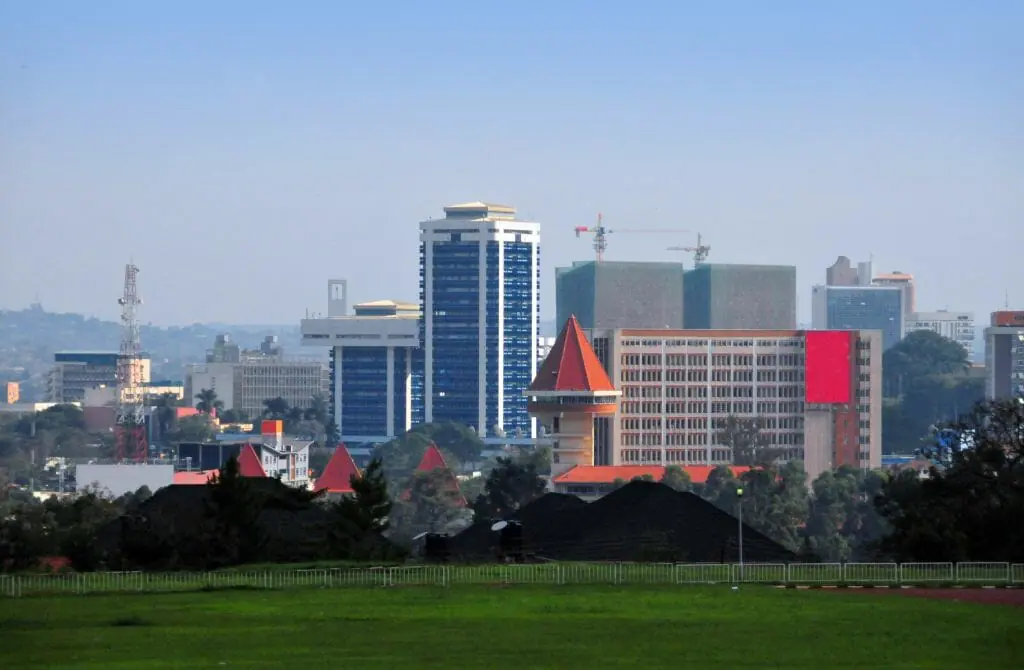

The LGBT Current Situation In Uganda
LGBT rights in Uganda present unique challenges for both local citizens and international travelers. The country’s legal stance on homosexuality poses a risk to the daily lives and safety of the local LGBTQ+ community. People who identify as gay in Uganda risk life imprisonment following the parliament’s decision to pass a bill cracking down on homosexual activities.
As a traveler, it is important to highlight that this situation not only affects the local population but also poses a danger to LGBTQ+ tourists visiting Uganda. Although the anti-gay laws may not specifically target foreigners, it is crucial to remain vigilant when in the country. Travelers need to acknowledge that encounters with hostile individuals or those who harbor animosity towards LGBTQ+ individuals can occur, regardless of nationality.
In an ever-changing global landscape, it is critical for travelers to stay updated on the current situation in any destination. Seeking advice from trusted sources, such as local LGBTQ+ organizations and government and international advisories, can help keep you informed on relevant issues. Obtaining current advice before traveling is essential in maintaining your safety.
To protect yourself while traveling in Uganda or any other location where your safety may be compromised, consider these steps:
- Discretion: Exercise caution when discussing your sexual orientation or gender identity in public. While it is essential to embrace who you are, maintaining a low profile can sometimes be necessary to ensure your safety.
- Connections: Reach out to local LGBTQ+ organizations that can provide resources, recommendations, and support during your stay in the country.
- Avoid Risky Situations: Stay aware of your surroundings and try to avoid situations where you might be easily targeted or find yourself in a dangerous confrontation.
- Accommodations: Research LGBTQ-friendly hotels or lodging options before your trip so you can feel safe and welcomed.
- Emergency Contacts: Always have a list of emergency contact numbers prepared, including local police, embassies, or even friends and family back home.
Remember, situations can change quickly, and information can become outdated. With growing awareness and activism, the rights and safety of LGBTQ+ individuals can improve, but it is always essential to stay informed and vigilant in your travels.
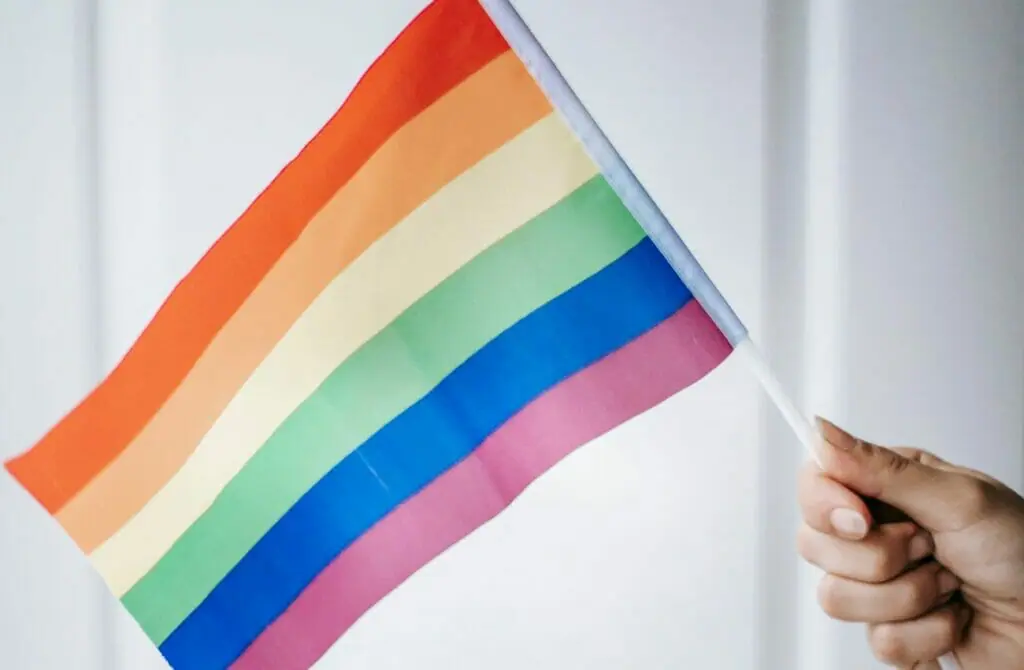

The Future For The Queer Community In Uganda
As an LGBT traveler, it’s important to discuss the future of LGBT rights in Uganda and their implications for both locals and tourists. While more than 30 African countries ban same-sex relationships, including Uganda, recent developments such as the passage of the law making it a crime to identify as LGBTQ further marginalize the community. It’s essential to recognize the risks for both locals and visitors and discuss steps to ensure safety and awareness.
When it comes to locals, the new law poses a significant threat to their basic rights and freedom. The hostile environment and ongoing government crackdowns make daily life increasingly difficult for those who identify as LGBTQ+. For tourists, while the legal and social situation may not be as dire, there is still a considerable risk associated with visiting Uganda as an LGBTQ+ individual.
As a traveler, it’s essential to take precautions to protect yourself when visiting countries with anti-LGBTQ legislation. A few steps you could take include avoiding public displays of affection, maintaining discretion about your sexual orientation, and researching LGBTQ-friendly accommodations and establishments.
It’s important to stay vigilant and cautious, remembering that bad actors can be found in every country. Situations can change quickly; therefore, it is vital to seek current advice before traveling. Always keep an eye on the latest news and developments regarding LGBTQ rights in Uganda or any other destination you plan to visit.
In conclusion, while the future of LGBT rights in Uganda currently appears bleak, raising awareness about the situation and promoting positive change is crucial. For LGBTQ+ travelers, staying informed, cautious, and prepared will go a long way in protecting your safety and well-being while visiting this beautiful yet challenging country.
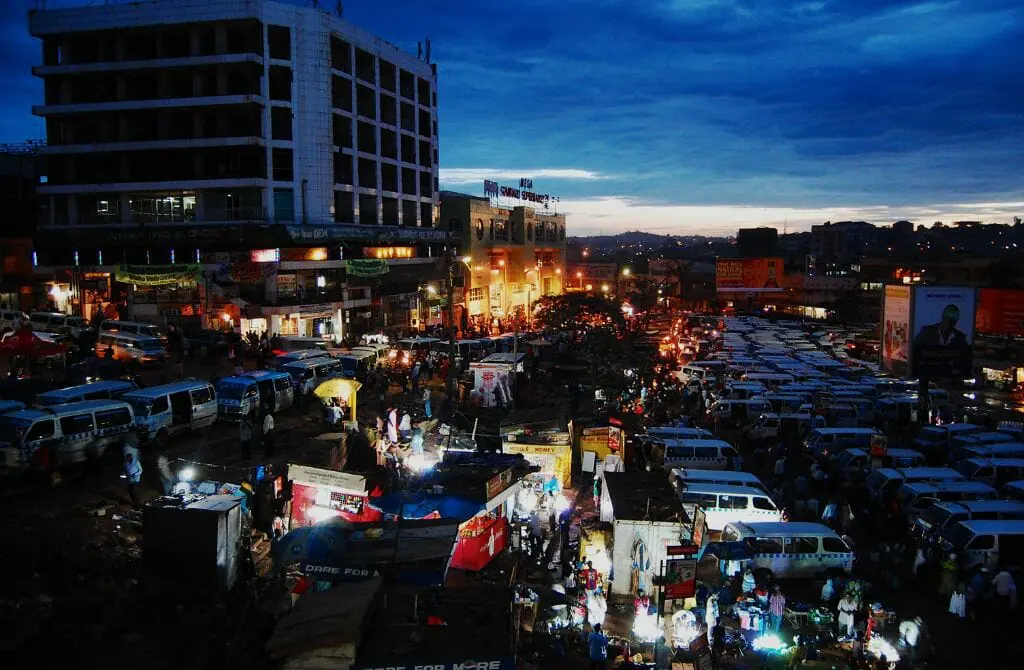
Protect Yourself While Travelling In Gay Uganda
It is important to understand that LGBT rights in Uganda significantly impact both locals and tourists. Although citizens face more severe legal challenges, active discrimination, state persecution, and stigmatization, tourists also need to be cautious and aware of the situation while traveling to Uganda. Both male and female homosexual activity is illegal in the country, and identifying as LGBT could result in life imprisonment or even the death penalty in extreme cases.
To protect yourself, it is advisable to be discreet about your sexual orientation and avoid public displays of affection. Always be mindful of your surroundings and foster connections with local queer communities or queer-friendly establishments for support and guidance.
Err on the side of caution, as the situation in Uganda can change quickly, and there may be bad actors in every country. Stay informed about recent developments in the region by closely monitoring local news, government travel advisories, and relevant resources. Keep in mind that information can be outdated, so make sure to seek current advice before traveling. Remain vigilant and prioritize your safety and well-being during your journey.
Remember, while the challenges faced by local LGBT individuals are significantly more serious and complex than those faced by tourists, it is essential for every traveler to be cautious and attentive to the social and political climate in Uganda. By staying informed, cautious, and respectful of local laws and norms, you can better protect yourself during your travel and contribute toward a global culture of understanding and acceptance.
